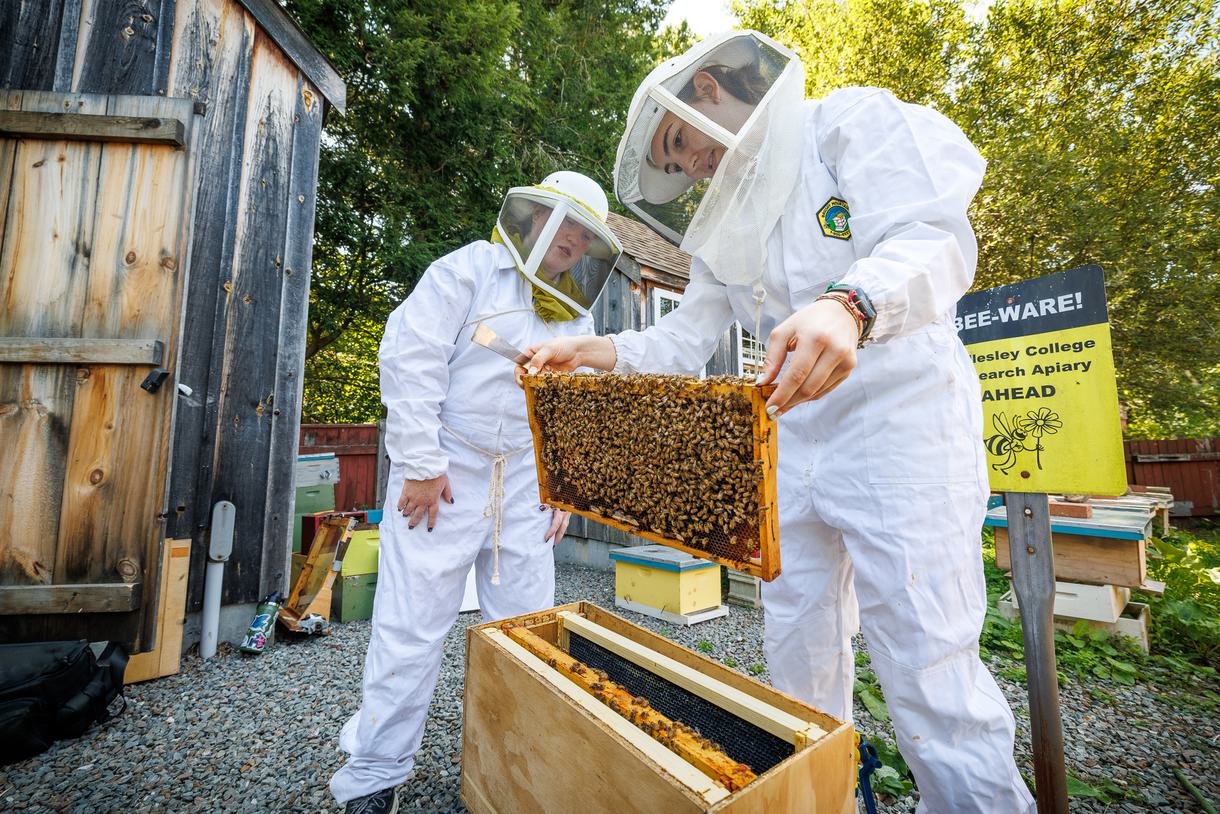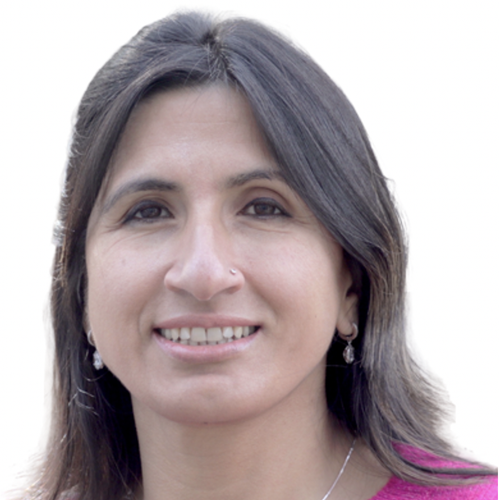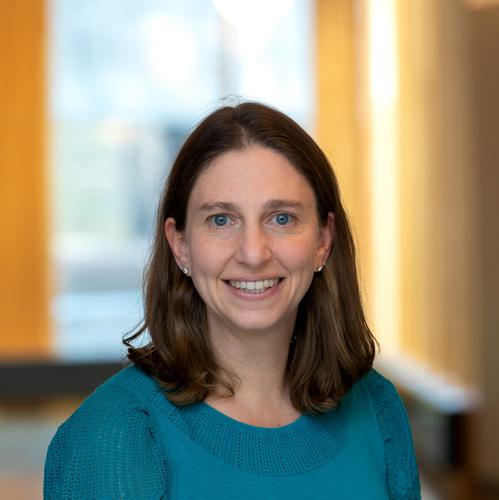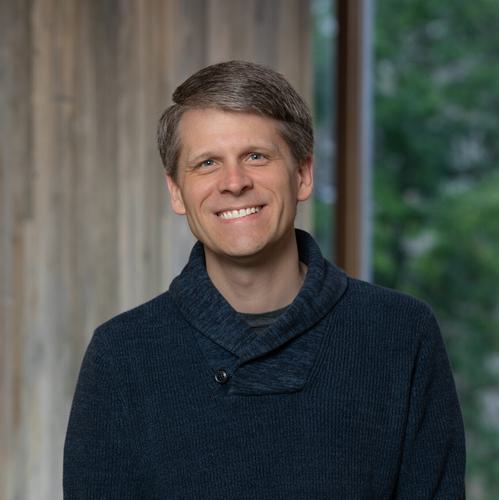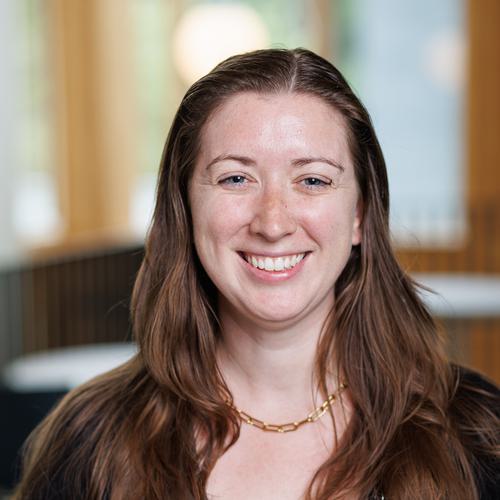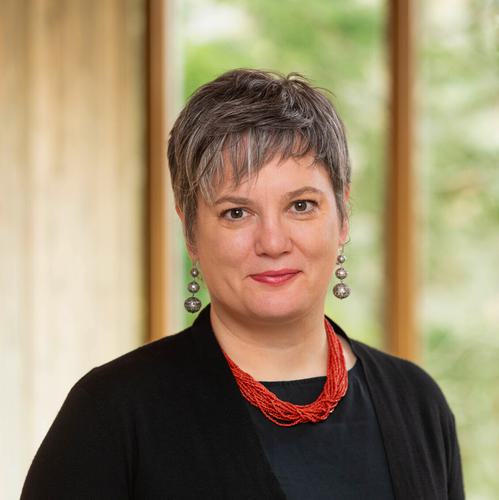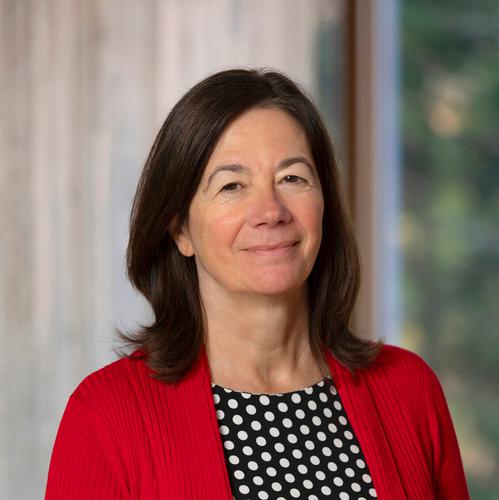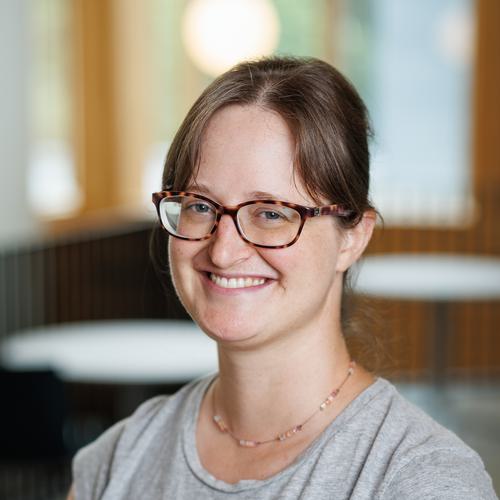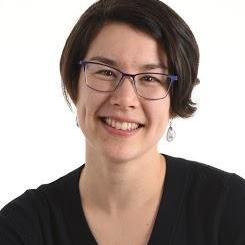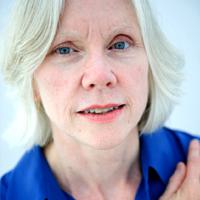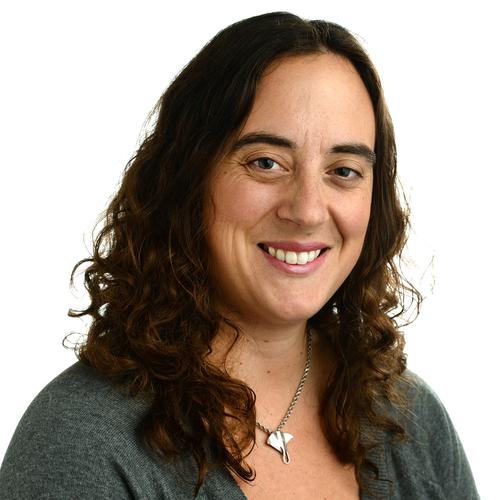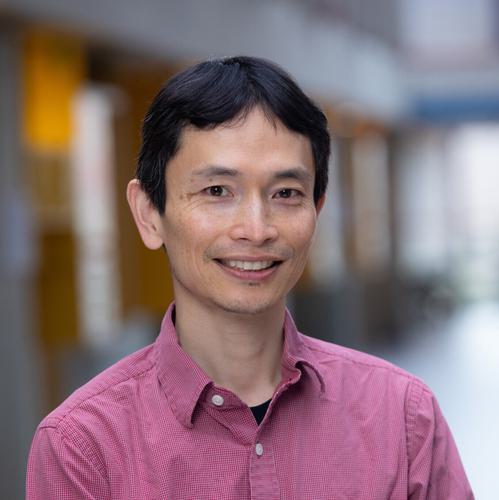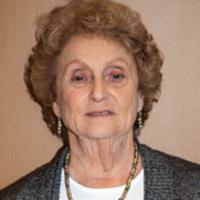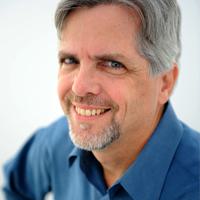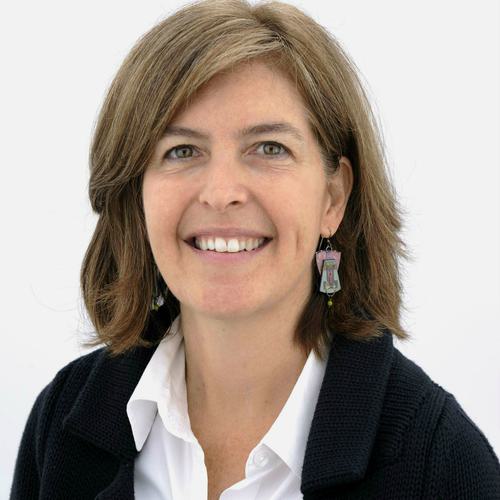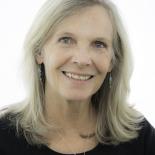Biological Sciences
Academic Department Introduction
Biology, the study of life, is a dynamic science that connects with many other disciplines. Biologists examine life at all levels, from molecular interactions to communities of plants and animals facing global climate change. Biological sciences majors develop the problem-solving skills and intellectual flexibility to contribute to and participate in a rapidly changing world.
Most courses include a laboratory or field-based component where students can design and perform their own experiments. We believe the best science learning is achieved when paired with hands-on experience.
Learning goals
- Articulate the evolutionary basis of biology and the dynamic nature of life.
- Identify, discuss, and explain the fundamental principles and concepts of biology.
- Evaluate ethical and public policy issues of biological significance.
- Summarize and assess new biological problems and use critical thinking and problem-solving skills to arrive at defensible conclusions.
- Frame focused biological questions, then formulate and test hypotheses through experiments.
Programs of Study
Biological sciences major and minor
Students understand the relevance of biology in their lives and the lives of others.
Course highlights
Seminar in Citizen Science: Engaging Communities in Ecology and Environmental Science
BISC345
-
Marine Biology with Laboratory
BISC210
Oceans cover more than 70 percent of the Earth’s surface and are our planet’s primary life support system. This course examines adaptations and interactions of plants and animals in a variety of marine habitats. Focal habitats include the photic zone of the open ocean, the deep-sea, subtidal and intertidal zones, estuaries, coral reefs and kelp forests. Emphasis is placed on the dominant organisms, food webs, and experimental studies conducted within each habitat, and the measures being taken to conserve these ecosystems. Laboratories will emphasize diversity of species in marine habitats and will highlight local coastal ecosystems. The course capstone will allow students to investigate a human impact on a marine ecosystem and propose solutions, supported by the scientific literature.. This course has a required co-requisite laboratory - BISC 210L. -
Seminar: The Biology of Social Insects
BISC338
Warfare, communication, agriculture, and caring for family are phenomena that are typically attributed to human societies, but social insects do these same things. In this course, we will explore the weird and wonderful world of social insects to discover why sociality is the most successful animal strategy on the planet. We will learn about how conflict and selfishness have shaped the cooperative effort that characterizes these seemingly utopian communities, and why human survival depends on their ecosystem services. Using social insects as a lens for major themes in biology, we will discuss biodiversity, invasions, animal communication and cognition, self-organized systems and the evolution of biological oddities. The course will focus on discussion of classic literature, groundbreaking research, and topical writing for the sciences and general public. Group activities will also include excursions outdoors and a book club.
Places and spaces
Our world-class 275,000-square-foot Science Complex gives students and faculty ample space and technological resources for research and inclusive collaboration. The Biological Sciences department utilizes a biosafety level 2 lab, the Food Sciences Lab, the Field Sciences Suite, the Wet Studio Lab, and a vivarium. Students use a broad and deep set of instrumentation throughout their classes and research, many of which are typically not accessible until graduate-level study.
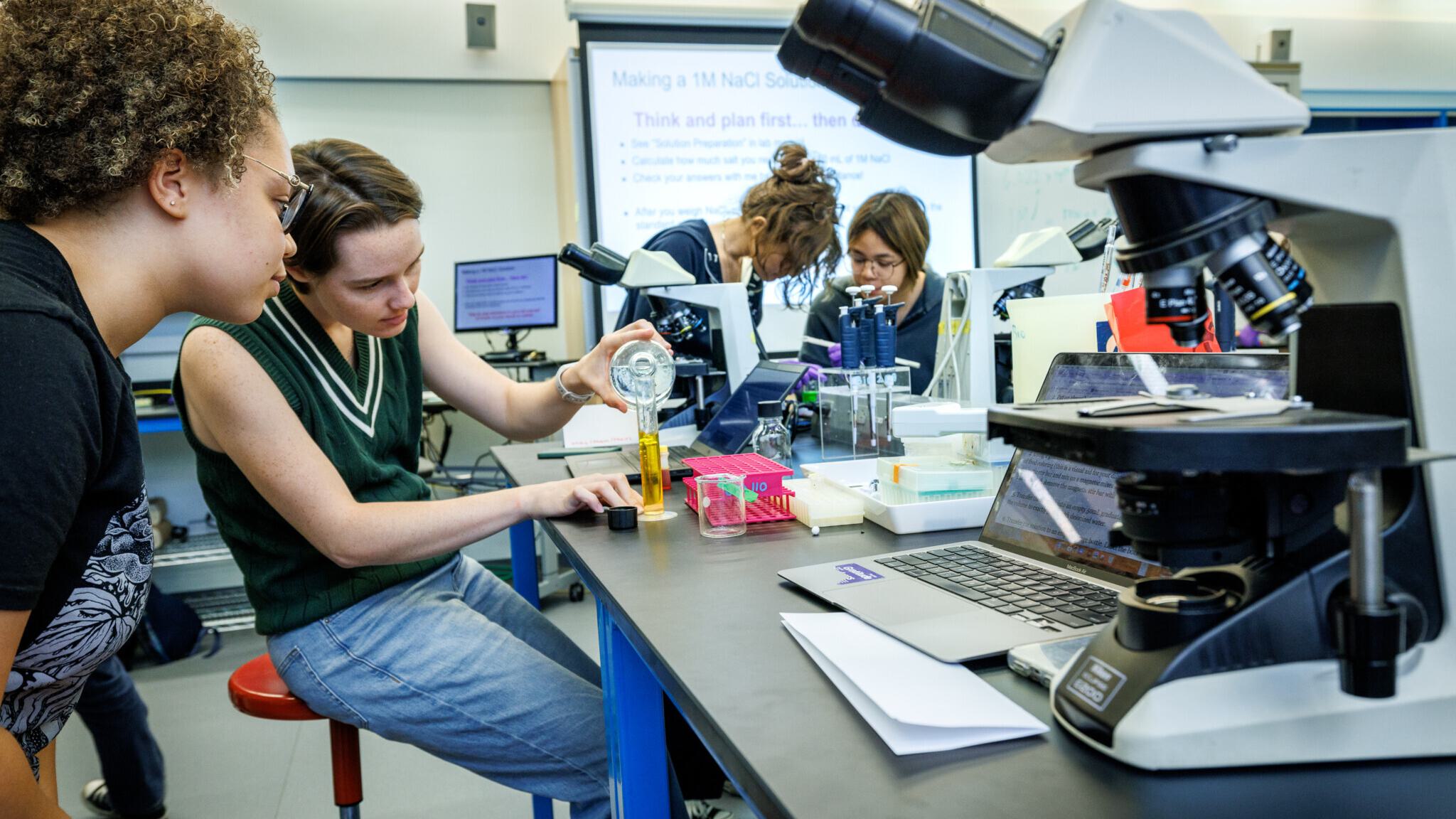
Research highlights
-

Professor Vanja Klepac-Ceraj researches microbial communities, which have a crucial influence the health of their environment, whether a lake or human body. In the Klepac-Ceraj lab, Annelle Abatoni Kayisire ’23 and Anika Luo ’23 co-authored a paper about working with microbial community data, Cassie Potter ’23 is a co-author on a paper about the role of bacteria in the development of atopic dermatitis/eczema, and Caroline MacVicar ’23 is a co-author on a paper about microclimates in soil in the Galápagos archipelago.
-

Professor Steven Biller uses model systems to decipher the genetic and cellular mechanisms through which individual cells interact with other organisms and their environment. How do these interactions contribute to community behaviors? Biller focuses on oceans and the marine cyanobacterium Prochlorococcus—the smallest and most abundant photosynthetic organism on the planet. Students in the Biller lab explore aspects of this microbe through a combination of laboratory, computational, and field studies.
-
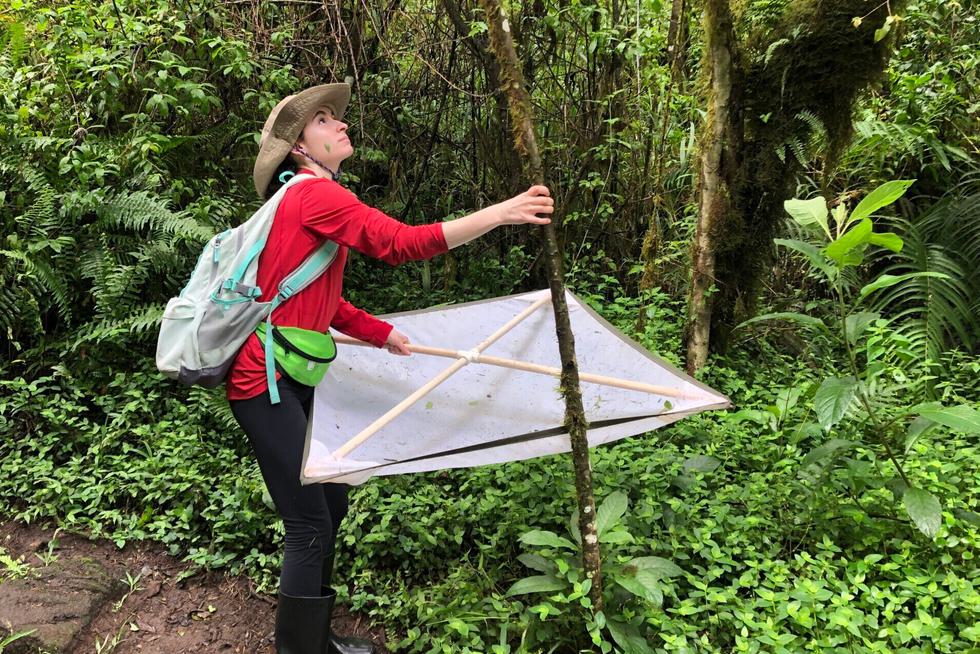
Professor Andrea Sequeira researches weevil adaptation and survival. In 2024, she and Gabriella Karcz ’25 collected weevils in Galápagos. From 2015 to 2020, Sequeira, Professor Martina Königer, lab specialist Flavia Mendonca de Sousa, and students collected samples of Naupactus cervinus and N. leucoloma in Florida, California, and Argentina. With University of Buenos Aires colleagues, the team analyzed patterns of gene expression, with findings published in PLOS ONE.
Opportunities and community
Dedicated to equity, engagement, and belonging, we offer many concrete opportunities for all students, including those new to biology, to join us as valued and respected members of our department.
-
Biology and Biochemistry Club (BC)²
A supportive forum for biology and biochemistry students to network with each other, (BC)2 sponsors on- and off-campus field trips, lectures, and career panels.
-
Biochemistry Research Week
Open to first-years and sophomores during Wintersession, this program provides an experiential introduction to laboratory research, taking a low-pressure approach that supports students with no scientific background.
-
Research mentorship and funding
We offer exceptional support for student research. Whether they are first-years new to lab work or seniors working on a thesis, students can access abundant financial and academic assistance. Our faculty advise students on research assistant positions as well as programs and initiatives, at Wellesley and beyond.
-
Peer support
Students support each other through peer-to-peer mentoring and the Bio Cafe. Through supplemental instruction and laboratory teaching assistant positions, students enrich their education and build community.
-
Commitment to inclusion
Our department features a Belonging Committee that plans events and initiatives to foster diversity, access, and equity within our community. Our professors support and work with biology students who develop programs and practices that enhance inclusion.
Beyond Wellesley
Beyond Wellesley
Many biological sciences grads pursue careers in health care and higher education, conducting research and/or lab work.
Recent Employers
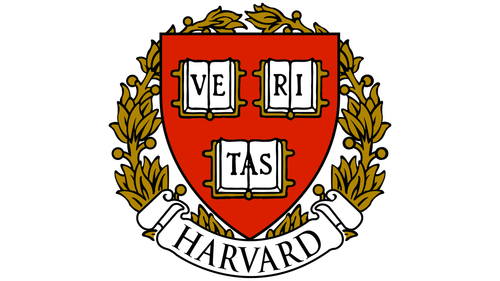





Alum highlights
-
Meagan Lizarazo ’04
Meagan Lizarazo ’04
is executive vice president and chief operating officer of iGem (International Genetically Engineered Machine), a synthetic biology nonprofit. After Wellesley, Lizarazo joined an MIT lab developing a system for synthetic biology research. Lizarazo helped grow the lab’s original Wintersession contest for undergraduates into an international competition with hundreds of annual participants and several significant breakthroughs.
-
Kwan Kew Lai ’74
Kwan Kew Lai ’74
is an infectious disease doctor who has treated patients with Ebola in Liberia, mentored and trained HIV/AIDS clinicians in Vietnam, Malawi, and Uganda, and provided relief services after the earthquake and during the cholera outbreak in Haiti, among many other volunteer projects.
106 Central Street
Wellesley, MA 02481
